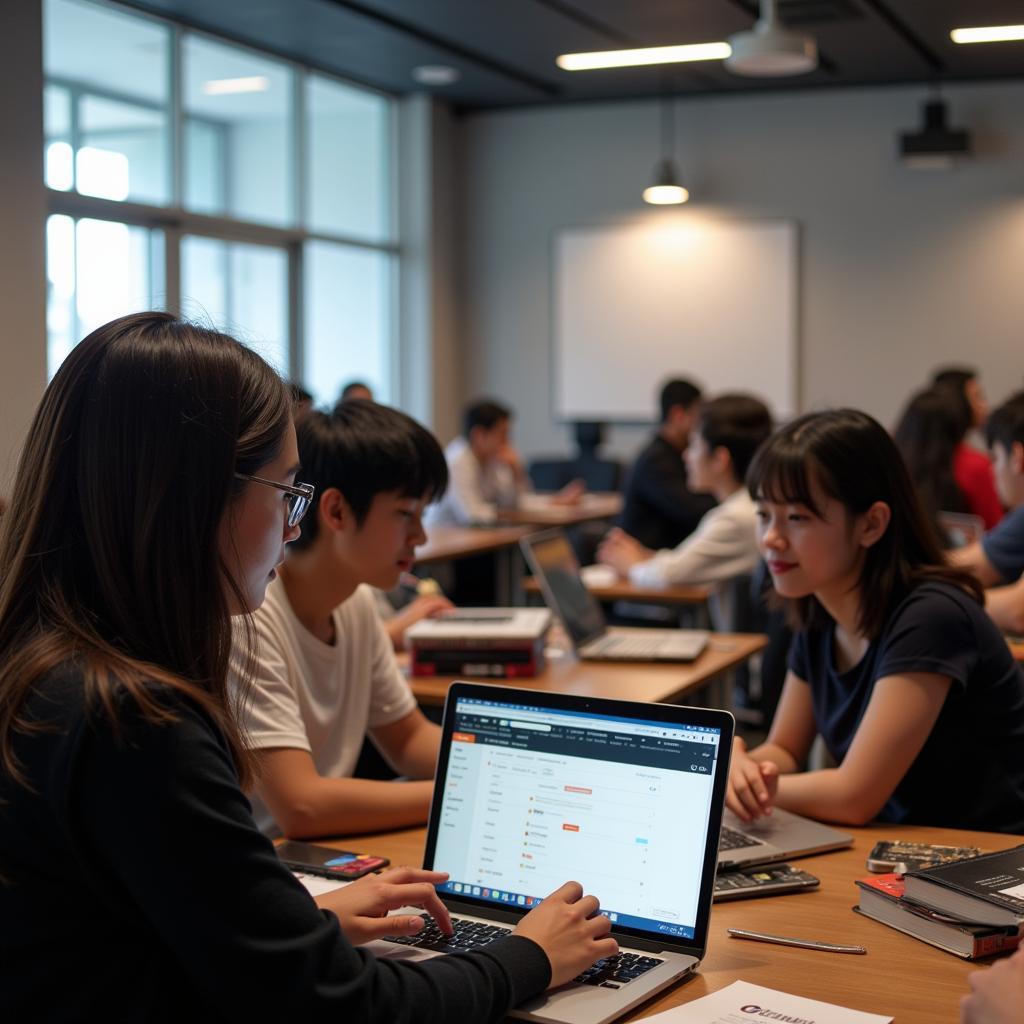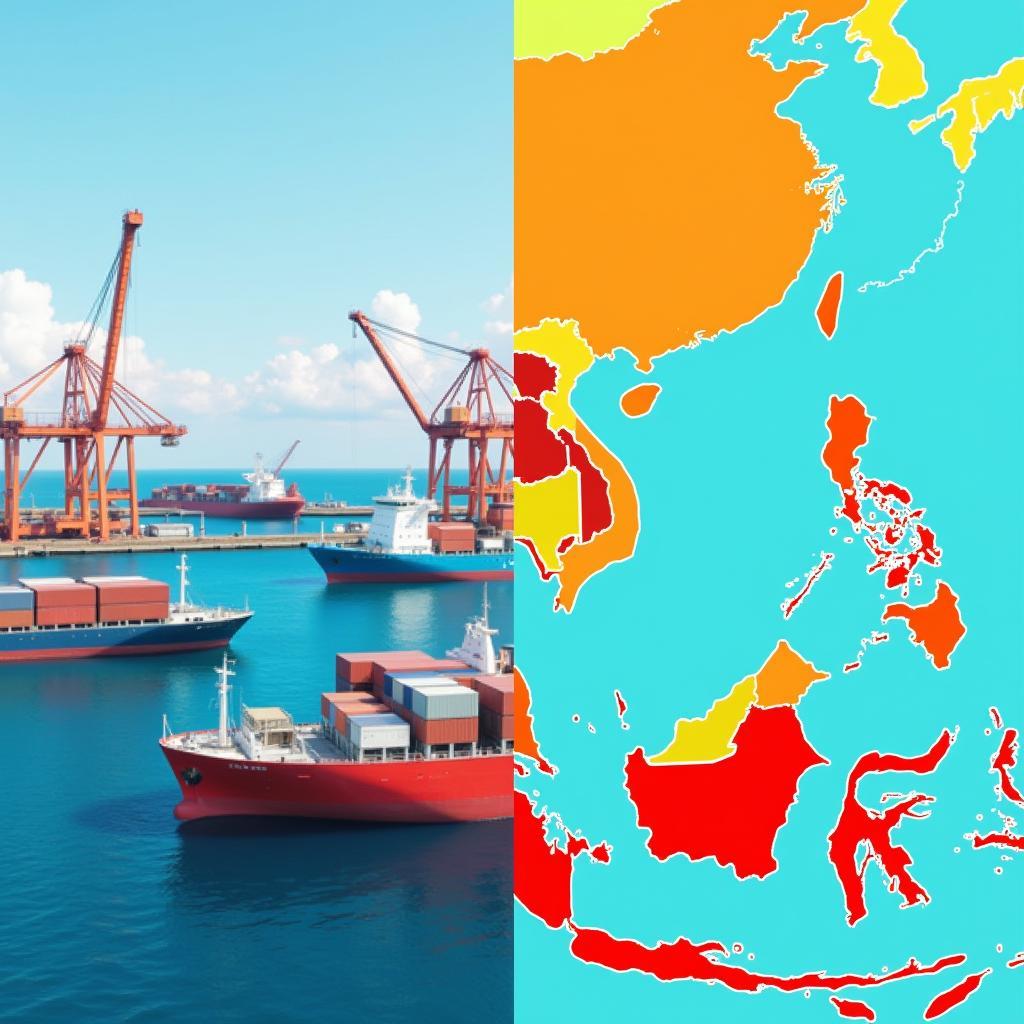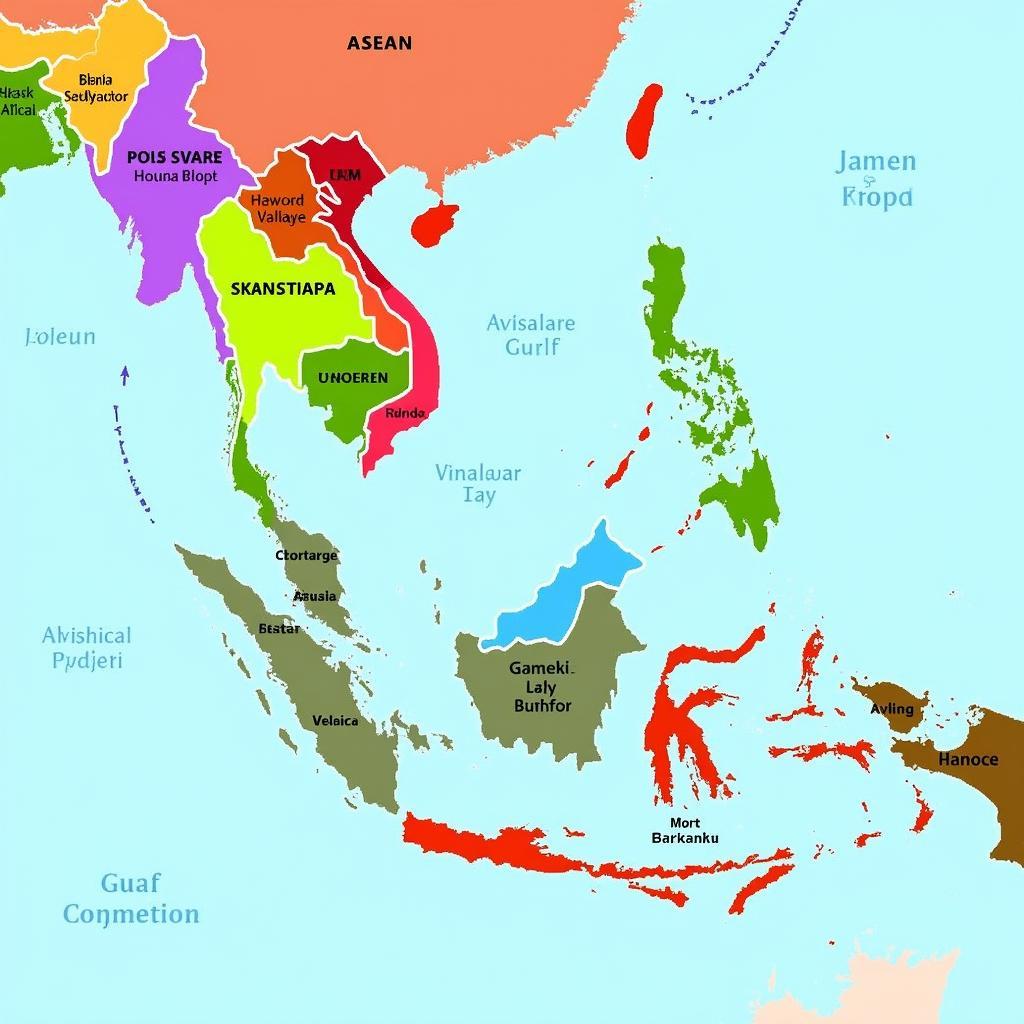The phrase “eAse Of Skill Pain” might seem unusual at first glance, but it speaks to a very real concern in the dynamic labor market of Southeast Asia. While ASEAN boasts a youthful population and growing economies, effectively addressing the skills gap is crucial for sustained success. This involves not just acquiring skills, but ensuring the process is accessible, affordable, and aligned with the actual needs of both individuals and industries.
Understanding the “Pain Points” in Skill Development
For many individuals in ASEAN, pursuing new skills can feel like navigating a complex maze. This “skill pain” can manifest in various forms:
- Financial Barriers: Training programs, especially those leading to internationally recognized certifications, can be expensive, putting them out of reach for many.
- Lack of Information: Knowing where to find the right programs, understanding the certification process, or even identifying which skills are in demand can be challenging.
- Geographical Limitations: Access to quality training facilities and experienced trainers might be limited in certain regions, particularly in rural areas.
- Language Barriers: With English becoming increasingly important in the globalized job market, those without proficiency might face an additional hurdle.
Easing the Pain: ASEAN’s Initiatives
Recognizing these challenges, ASEAN has been actively implementing initiatives to ease the “skill pain” and empower its workforce:
- ASEAN Qualifications Reference Framework (AQRF): This framework aims to create a common understanding of skill levels across ASEAN countries, facilitating the movement of skilled labor within the region.
- Technical and Vocational Education and Training (TVET): Investment in TVET has been prioritized to equip individuals with practical skills relevant to industry demands.
- Digital Skills Development: Recognizing the shift towards a digital economy, various programs are being implemented to enhance digital literacy and provide training in areas like coding, data analysis, and digital marketing.
 Digital Skills Workshop in Southeast Asia
Digital Skills Workshop in Southeast Asia
Bridging the Gap: The Role of Businesses and Organizations
While government initiatives are crucial, businesses and organizations also have a vital role to play in easing the “skill pain”:
- Invest in Employee Training: Providing opportunities for continuous learning and upskilling not only benefits employees but also enhances the company’s overall competitiveness.
- Collaborate with Educational Institutions: Partnerships between businesses and schools or training centers can help ensure that curricula are aligned with industry needs.
- Support Apprenticeship Programs: Offering apprenticeships provides valuable on-the-job training and helps young people transition smoothly into the workforce.
Looking Ahead: A Future of Skill Mobility
The journey towards “ease of skill pain” in ASEAN is ongoing. By addressing the existing challenges and fostering collaboration among stakeholders, the region can unlock the full potential of its human capital. A future where individuals can easily acquire relevant skills, transition seamlessly across industries, and contribute to a thriving ASEAN economy is within reach.
FAQ
What are some in-demand skills in ASEAN currently?
Some of the most sought-after skills include those related to technology (software development, data science), digital marketing, business analysis, and specialized skills in sectors like tourism and healthcare.
What are some challenges faced by rural communities in accessing skill development opportunities?
Rural communities often face limitations due to geographical distance from training centers, lack of reliable internet connectivity for online learning, and limited awareness about available programs.
How can I find out more about skill development programs offered in my country?
You can contact your local government’s Ministry of Education or Labor, explore online platforms dedicated to education and training opportunities, or reach out to industry associations for guidance.
Need Assistance?
For any inquiries or support regarding ASEAN’s media landscape, please don’t hesitate to contact us.
Phone: 0369020373
Email: aseanmediadirectory@gmail.com
Address: Thôn Ngọc Liễn, Hiệp Hòa, Bắc Giang, Việt Nam
Our dedicated customer support team is available 24/7 to assist you.

